
I know Why the Caged Bird Sings
¥ 65 七品
仅1件
作者Maya Angelou
出版社Bantam Books
ISBN9780553279375
出版时间1993
印刷时间1993
装帧精装
页数246页
货号Harbin153
上书时间2013-03-30
- 在售商品 暂无
- 平均发货时间 28小时
- 好评率 暂无
- 店主推荐
- 最新上架
商品详情
- 品相描述:七品
- 商品描述
- 1. The memoir opens with a provocative refrain: \'What you looking at me for? I didn\'t come to stay ... \' What do you think this passage says about Ritie\'s sense of herself? How does she feel about her place in the world? How does she keep her identity intact? 2. Upon seeing her mother for the first time after years of separation, Ritie describes her as \'a hurricane in its perfect power.\' What do you think about Ritie\'s relationship with her mother? How does it compare to her relationship with her grandmother, \'Momma\'? 3. The author writes, \'If growing up is painful for the Southern Black girl, being aware of her displacement is the rust on the razor that threatens the throat.\' What do you make of the author\'s portrayal of race? How do Ritie and her family cope with the racial tension that permeates their lives? 4. Throughout the book, Ritie struggles with feelings that she is \'bad\' and \'sinful,\' as her thoughts echo the admonitions of her strict religious upbringing. What does she learn at the end of the memoir about right and wrong? 5. What is the significance of the title as it relates to Ritie\'s self-imposed muteness?
相关推荐
-
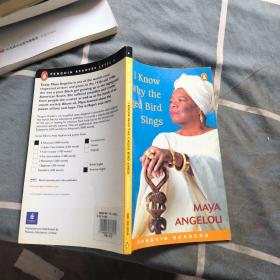
I Know Why the Caged Bird Sings
八五品昆明
¥ 58.00
-
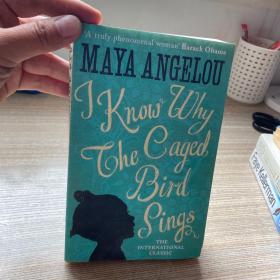
I Know Why The Caged Bird Sings
九品北京
¥ 60.00
-

i know why the caged bird sings
九品北京
¥ 42.00
-

I Know Why the Caged Bird Sings
九品北京
¥ 100.00
-
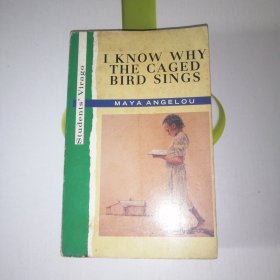
I Know Why the Caged Bird Sings
八五品盐城
¥ 69.00
-
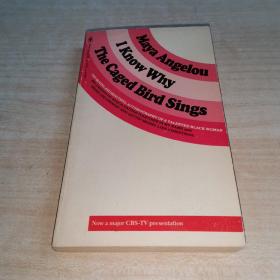
i know why the caged bird sings
八五品孝感
¥ 98.00
-

I Know Why the Caged Bird Sings
八品北京
¥ 68.00
-

I Know Why the Caged Bird Sings
八品合肥
¥ 50.00
-
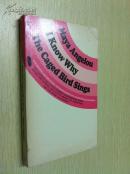
I Know Why the Caged Bird Sings
九品广州
¥ 120.00
-

I Know Why the Caged Bird Sings
八品桂林
¥ 50.00
— 没有更多了 —




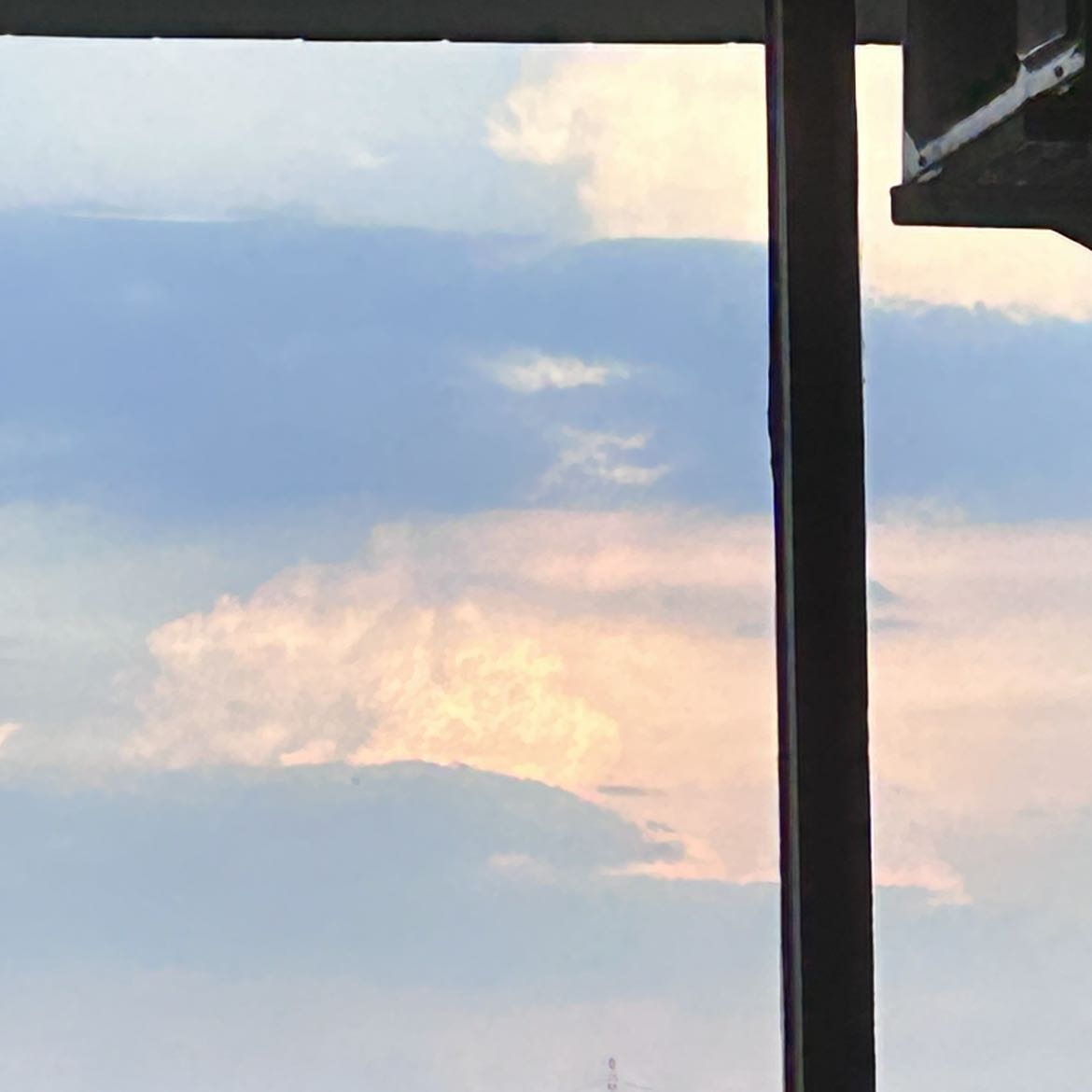
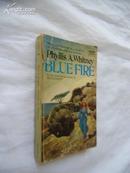
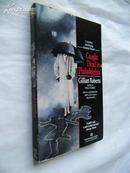
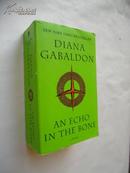

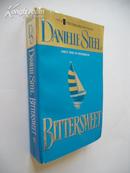
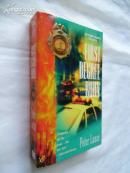
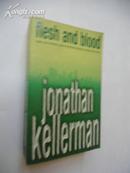
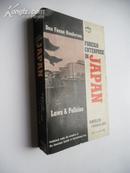
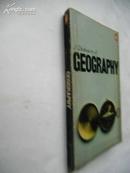











以下为对购买帮助不大的评价